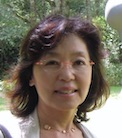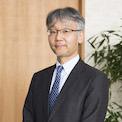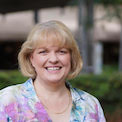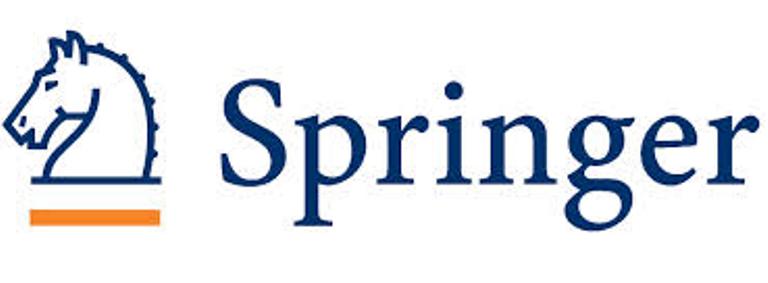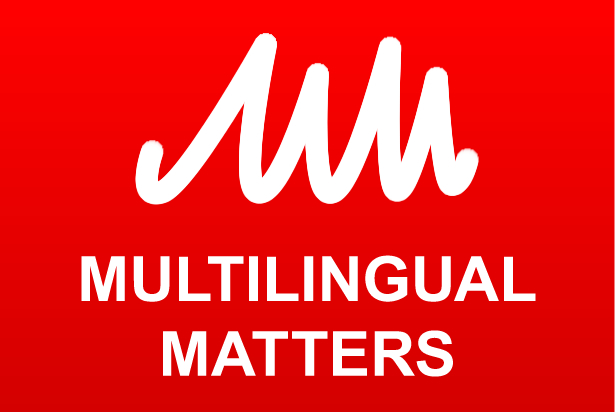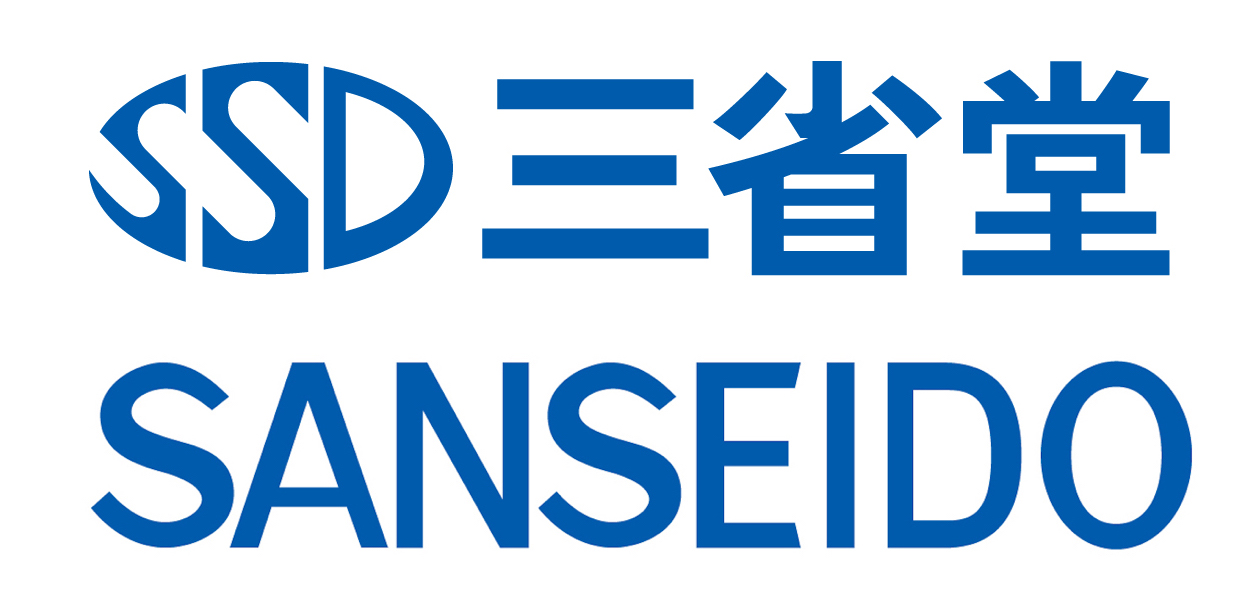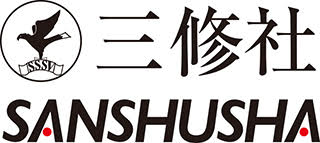Dynamic emotions underlying L2 Willingness to Communicate: Enjoyment, engagement, and anxiety
Organizers:
Tomoko Yashima (Kansai University, Japan)
Peter D. MacIntyre (Cape Breton University, Canada)
Presenters:
Peter D. MacIntyre (Cape Breton University)
Scott Aubrey (The Chinese University of Hong Kong)
Junko Toyoda (Kansai Gaidai University)
Tomoko Yashima (Kansai University)
This symposium will focus on research on emotions underlying L2 Willingness to Communicate (WTC) and communication in language classrooms. Each presentation will include details about innovative data collection methods designed to capture emotional dynamics. Anxiety—and its influence on L2 communication—has been examined frequently. Building upon that foundation, a recent surge of interest in positive psychology has encouraged researchers to focus on positive emotions as well, including enjoyment and feelings associated with engagement. Facilitating new insights into emotions and WTC is the diversification of research methods to capture the dynamics of emotion on different time scales. This symposium will discuss the following topics: 1) Two research methods will be demonstrated from a complex, dynamic systems perspective (idiodynamics, and experience sampling) with reference to specific studies of anxiety and WTC; 2) Effects of task-based teaching intervention in a junior high schools will be presented focusing on learners’ enjoyment, engagement, self-confidence, and WTC; 3) A semester-long intervention in a university EFL classroom designed to encourage learners’ participation in discussions of various topics will capture the dynamic nature of learners’ emotions, including anxiety, interest, and satisfaction, while the amount of learner talk fluctuated; and 4) Finally a report on a study that examined the change in ‘flow’ states of Japanese EFL learners over five tasks. Participants reported on their task experiences for each task performance via questionnaires and learner diaries. Methodologically, the presentations will discuss the merits and challenges involved in using dynamic methods, while from a pedagogical perspective, interventional studies will offer insights into how instruction can create contexts in which positive emotions are heightened and negative emotions reduced, leading to greater L2 WTC.
Exploring strategies used for learning and using target language skills and subsystems: A micro-perspective
Organizer:
Mirosław Pawlak (Adam Mickiewicz University, Kalisz, Poland / State University of Applied Sciences, Konin, Poland)
Presenters:
Mirosław Pawlak (Adam Mickiewicz University, Kalisz, Poland / State University of Applied Sciences, Konin, Poland)
Mariusz Kruk (University of Zielona Góra, Poland)
Magdalena Szyszka (Opole University, Poland)
Joanna Zawodniak (University of Zielona Góra, Poland)
Research into language learning strategies (LLS) has successfully withstood the many criticisms that have been leveled over the last few decades (e.g., Dörnyei, 2005; Dörnyei & Ryan, 2015) and new lines of inquiry have been opened up, as evident in the attempts to account for strategy use in terms of the tenets of complex dynamic systems (e.g., Oxford, 2017). Still, despite the recent efforts to change the situation (e.g., Cohen & Wang, 2018), there are few studies that have adopted a micro-perspective on LLS by investigating their use in the performance of specific activities and tasks. The symposium aims to make a contribution to this important area by bringing together original studies that investigate the LLS employed for the purpose of learning and using target language skills and subsystems in a situated manner. It will open up with a state-of-the-art overview of existing research targeting strategy use in different learning tasks. This will be followed by four papers targeting LLS employed for: (1) practicing pronunciation, (2) completing a focused communication task which requires the use of a preselected grammatical feature (Ellis, 2003), (3) engaging in online communication in a virtual world, and (4) composing a piece of writing and then conducting its revision. In each case, various factors impacting LLS use will be taken into account. The symposium will close with a synthesis of the findings of the four studies, which will serve as a basis for a consideration of future research directions as well as the methodological issues involved.
Learning strategies across languages and cultures
Organizers:
Yolanda Ruiz de Zarobe (University of the Basque Country, UPV/EHU Spain)
Osamu Takeuchi (Kansai University, Japan)
Presenters:
Osamu Takeuchi (Kansai University)
Simone Smala (University of Queensland)
Frank Yang Gong (University of Macau)
Yolanda Ruiz de Zarobe (University of the Basque Country, UPV/EHU)
The concept of ‘language learning strategies’ (LLS), related to the learner’s consciously chosen tools for language learning improvement (Oxford, 2011; Griffiths 2013) has attracted, and continues to attract, a great deal of interest to teachers, learners and researchers. If we follow the premise that learning strategies can make language learning more effective, efficient, and enjoyable (Oxford et al. 2014), we can understand why its interest is not dwindling today. The aim of this symposium is to discuss the inseparable relation between language and culture with a focus on learning strategies in second language acquisition. Notably, we will analyse how, when, and what type of learning strategies can be used to help students become successful in their target language learning. In order to do so, we will bring together studies from four different countries: Japan, China, Australia and Spain that investigate how LLS can be employed in the learning of foreign languages in a diversity of contexts, from formal instruction to exchange programmes, from English as a foreign language (EFL) contexts, to content-based instruction. By tracing the experience of students and teachers across contexts and countries, we hope to expand our knowledge and understanding of the LLS field.

